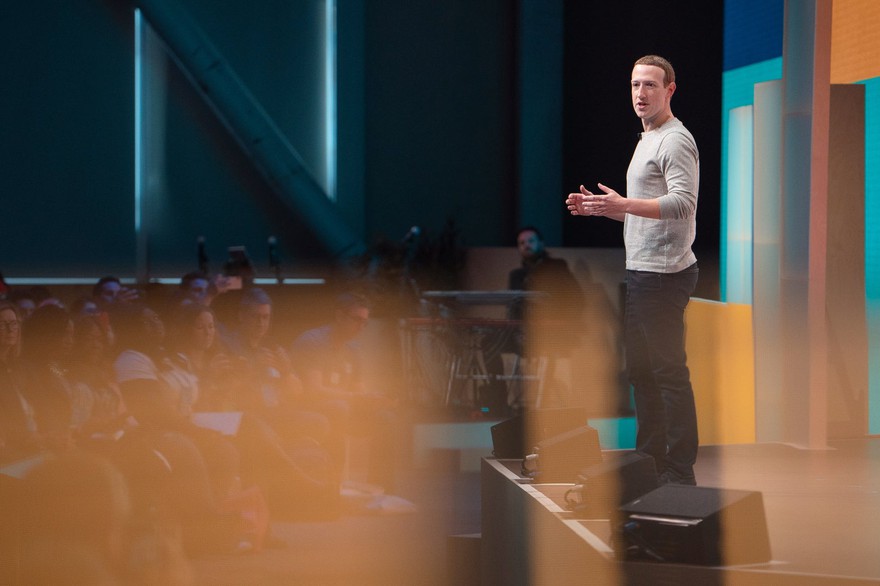The best chief executive officers (CEOs) in the world typically aren't the flashiest ones. They think beyond tomorrow's share prices or the next earnings call to create lasting value. Here are seven top CEOs for long-term investors to watch as they build great businesses with shares that are worth holding for decades.
1. Lisa Su, AMD
Estimated net worth: $1.2 billion
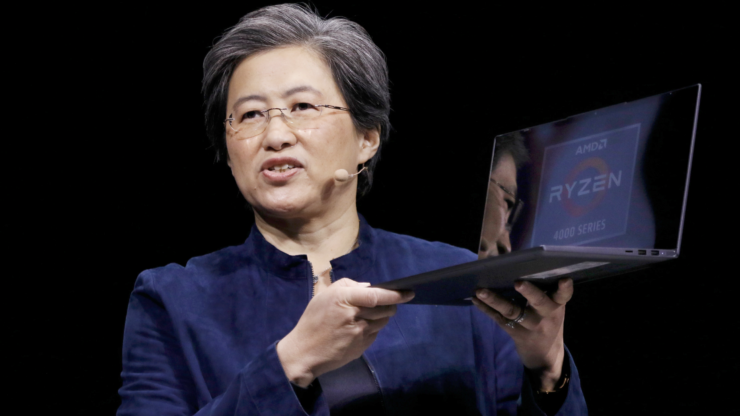
Advanced Micro Devices (AMD +1.79%) seemed destined for bankruptcy in late 2014, when Dr. Lisa Su became the chipmaker's CEO. As of mid-2025, AMD's share price is up almost 4,660% from what it was when she took command.
Su, who has a doctorate in electrical engineering from the Massachusetts Institute of Technology, led the remarkable turnaround by zeroing in on what the company did well -- making central processing units (CPUs) for computers and servers. She also expanded AMD’s focus to graphics processing units (GPUs) and data centers, both of which were lucrative bets during the COVID-19 pandemic. Just as important, though, were Su's decisions about what not to focus on, such as developing chips for smartphones and tablets (even though the rest of the chip industry still believed in mobile as the next big thing).
The semiconductor manufacturer has completed multiple major acquisitions under Su’s leadership, most notably its $49 billion purchase of Xilinx, which designs programmable chips, like FPGAs (field-programmable gate arrays) and adaptive systems-on-chip that can be customized after manufacturing to power artificial intelligence (AI) applications, 5G networks, and data centers.
In 2022, AMD surged past its long-time rival Intel Corp. (INTC -2.81%). Now, Su is sharpening her focus on Nvidia (NVDA -0.29%) as she aims for her company to catch up with its much larger competitor in the AI accelerator space.
2. Brian Niccol, Starbucks
Estimated net worth: $67 million
Starbucks (SBUX -0.29%) shares soared by about 20% the day it announced that then-Chipotle (CME +2.50%) CEO Brian Niccol would become its new chief executive. Despite joining Chipotle on the heels of a food safety scandal, Niccol saw the chain almost double its revenue during his six-year tenure. Shares popped by almost 800% during that time, as well.
Now, investors are keeping a close eye on whether Niccol can engineer a turnaround for Starbucks. The chain has struggled in recent years amid declining sales and growing dissatisfaction among both customers and staff.
Niccol recently launched his Back to Starbucks plan to revitalize the coffee chain that aims for a more traditional coffeehouse experience, streamlining the menu, decreasing customer wait times, and creating more hits like its blockbuster pumpkin spice latte.
Winning back customers isn't the only challenge Niccol faces, though. The company is dealing with low employee morale and complaints about frequent understaffing and unpredictable scheduling as part of its turnaround. Niccol will also need to navigate employees' ongoing push for unionization at stores throughout the U.S.
3. Marvin Ellison, Lowe's
Estimated net worth: $93 million
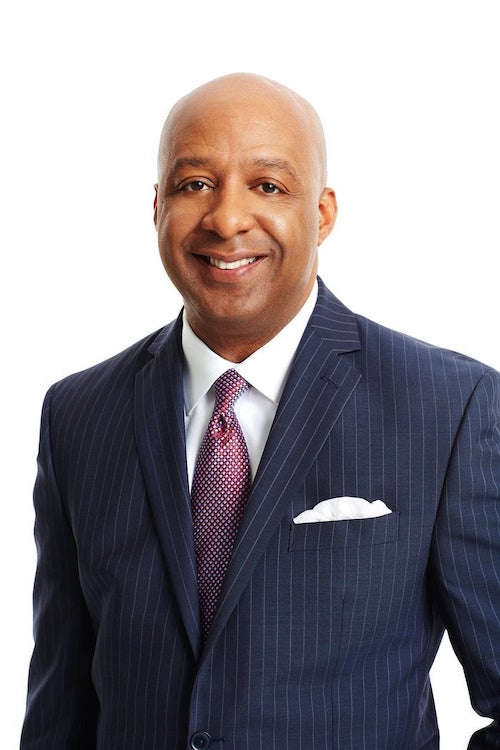
On his first day as the CEO of Lowe's (LOW +0.20%) in 2018, Marvin Ellison skipped the welcome celebrations. Instead, he headed straight to the contractor's desk in a store to better understand pain points for customers. In February 2020, Ellison publicly told CNBC about another customer pain point, describing the company's website as so "clunky … you may not get the whole way to checkout." Ellison's push to improve e-commerce came just in time for the COVID-19 pandemic. Online sales surged by 111% in the company's 2020 fiscal year.
While DIY was big business during the pandemic, that segment has cooled off. More recently, Ellison has focused more on growing its professional contractor business, particularly small- and mid-size contractors, which tends to be a higher-margin part of the business. With demand for home improvement and renovation expected to stay strong given the ongoing shortage of new housing in the U.S., Ellison's vision could be compelling to long-term investors.
4. Mary Barra, General Motors
Estimated net worth: $48 million
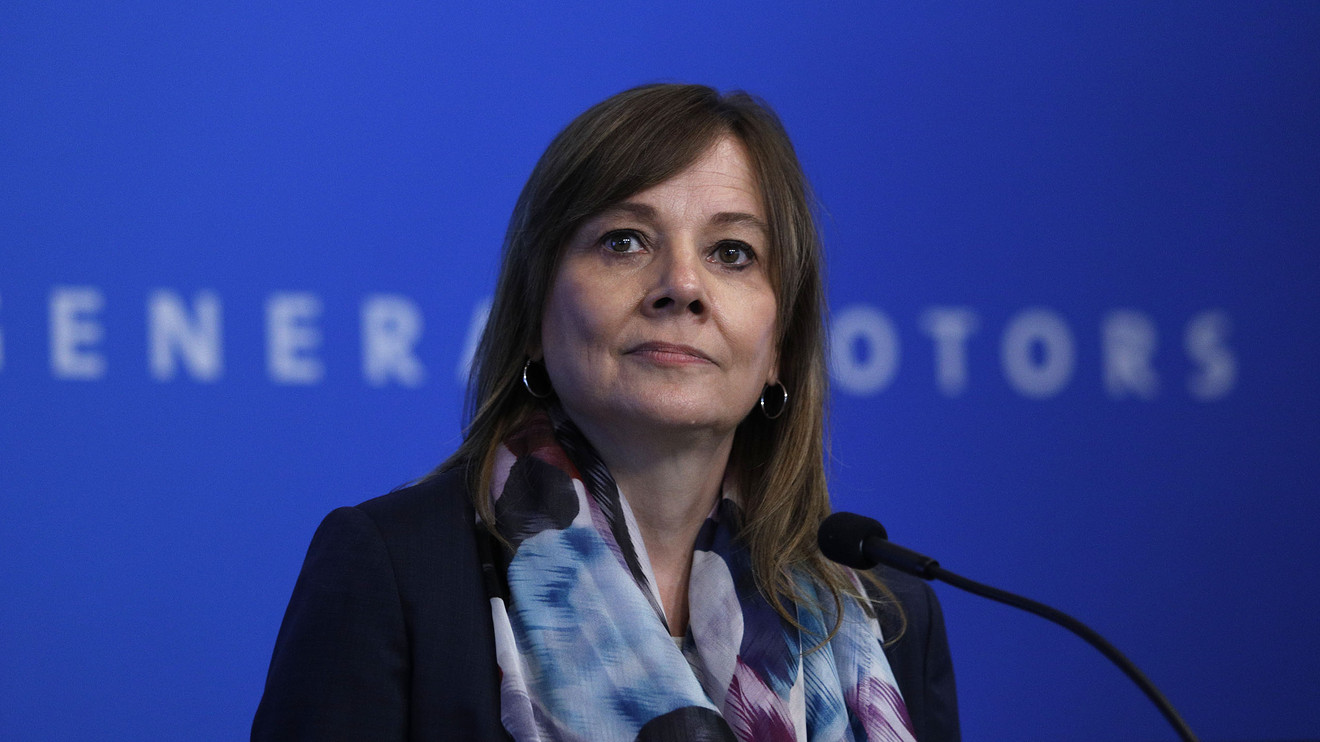
General Motors (GM -0.11%) isn't the electric vehicle maker that the world is talking about. But anyone who believes that the future of cars will be fuel-free should pay close attention to CEO Mary Barra's plans for GM. Barra unveiled an ambitious plan in 2020 to invest $27 billion in electric vehicles through 2025, with a stronger emphasis on achieving profitability and operational efficiency. She later announced GM’s goal of going all electric for light-duty vehicles by 2035. The company plans to invest almost $7 billion to build a new battery plant and overhaul its existing plant in Orion, Mich., to manufacture electric trucks.
However, GM has since scaled back that goal. It recently announced it would put $4 billion toward mostly gas-powered vehicles as demand for EV has dropped and federal incentives have dried up. That's just one example of how Barra, who joined GM in 1980 as an 18-year-old intern, has adapted to changing times.
5. Satya Nadella, Microsoft
Estimated net worth: $1.1 billion
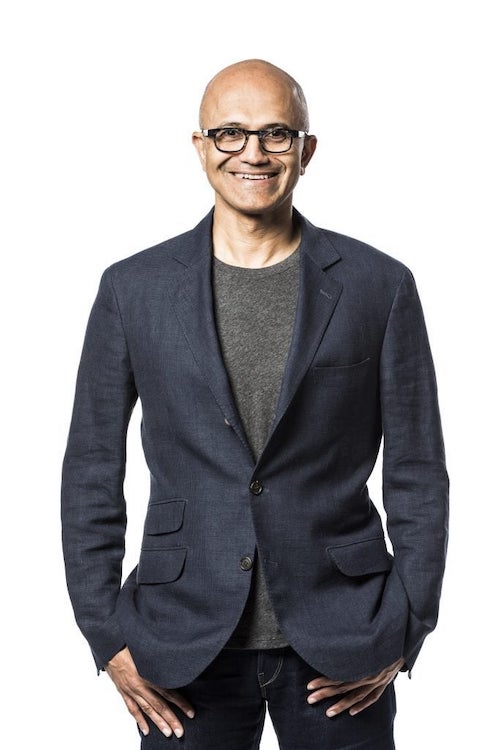
Microsoft's (MSFT +0.77%) market cap has smashed the $1 trillion ceiling. One of the key drivers of Nadella's success was focusing on Microsoft's then-fledgling cloud services as the new core of the company's business and eventually ditching plans for a Windows smartphone. The company under Nadella has delivered plenty for investors, with the Microsoft share price increasing more than 200% under his leadership.
More recently, Nadella has established Microsoft as an undisputed leader in AI. The software behemoth has integrated AI into its core products, like Office, Azure, and Teams, and is investing tens of billions of dollars in AI. It's also formed a partnership with OpenAI, the company behind ChatGPT, and is a major investor in the startup. Given the heated competition in the AI space, long-term investors should watch Nadella to see if Microsoft can maintain its dominant position.
6. Jamie Dimon, JPMorgan Chase
Estimated net worth: $2.8 billion
Jamie Dimon is the longest-serving big bank CEO in the U.S., having served as JPMorgan Chase's (JPM +1.05%) chief executive since 2006. He drew praise for dodging the worst of the financial crisis of 2008-09 through a relatively conservative approach and avoidance of the riskiest mortgages that would ultimately doom some financial institutions.
During his tenure, Dimon hasn't shied away from speaking out on policy and macroeconomic issues. He's described the growing U.S. deficit as a "cliff," warned that the U.S. could be losing ground to China, and championed the importance of an independent Federal Reserve as President Trump has threatened to fire Fed Chair Jerome Powell. Dimon is also a proponent of stakeholder capitalism, in which corporations consider the needs of customers, employees, and surrounding communities instead of focusing solely on maximizing shareholder value.
Dimon has hinted at plans to retire in the next few years, though his timetable appears to be in flux. While Dimon remains a top CEO to watch in 2025, you can also expect to hear speculation about who will eventually succeed him.
8. Tim Cook, Apple
Estimated net worth: $2.4 billion
Apple has pioneered game-changing devices, like the iPhone, iPad, and Apple Watch, as well as digital ecosystems, like the iCloud and Apple Pay network. But it's seen as lagging behind competitors like Microsoft and Alphabet in the AI race.
In 2024, Tim Cook, who has been Apple's CEO since 2011, introduced his vision for a privacy-focused Apple Intelligence that will be integrated into iOS apps. But many in the tech industry were less than impressed, with critics arguing that the vision comes too late, is less than innovative, and is overly dependent on OpenAI's ChatGPT, which has faced mounting privacy concerns.
Catching up in the AI race isn't the only challenge Cook faces. iPhone sales account for about half of Apple's annual revenue, and smartphone sales are slowing worldwide. At the same time, Cook must navigate a growing U.S.-China trade war and uncertainty surrounding Trump's tariffs.
Related investing topics
9. Greg Abel, Berkshire Hathaway
Estimated net worth: $1 billion
For decades, no list of CEOs to watch for long-term investing would have been complete without Berkshire Hathaway's (BRK.A +0.26%) (BRK.B +0.14%) Warren Buffett. Buffett remains CEO, but he announced at Berkshire Hathaway's annual shareholder meeting that he'll retire at year's end after turning 95.
His successor is Greg Abel, who joined Berkshire Hathaway in 2000. Abel currently serves as vice chair of Berkshire's non-insurance operations and chair of Berkshire Hathaway Energy.
The appointment wasn't a total surprise, given that Buffett said in 2021 that Abel would be his successor. Still, news of Buffett's departure sent shockwaves among investors, many of whom wondered when and if he would ever retire.
The little-known Abel has quite the track record to follow: From 1964 through the end of 2024, Berkshire Hathaway has delivered gains of 5,502,284%.












